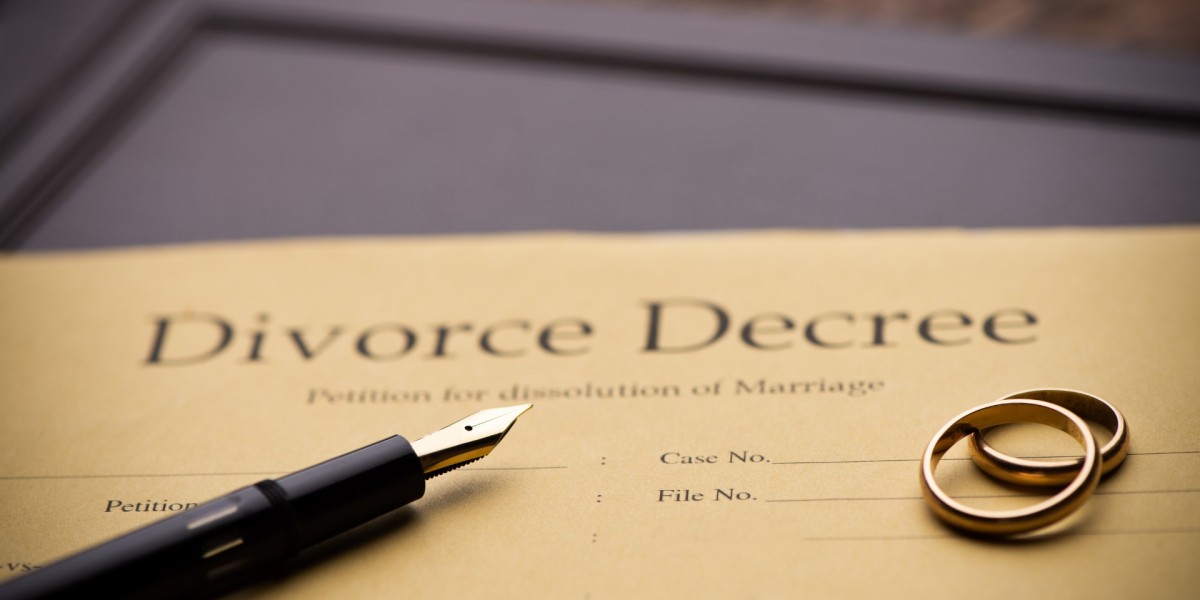What Court Handles Divorce in New York: Navigating the Legal Process
Divorce is a legal process that involves various stages, and understanding the court system's role in this process is essential. In New York, the question, "What court handles divorce?" is a common one. In this article, we will explore the court system in New York and the specific court that handles divorce cases.
The Legal Landscape in New York
The legal system in New York is structured to handle a wide range of cases, including divorce. Divorce cases in New York are categorized as family law cases and are handled by a specific court, which varies depending on the circumstances of the divorce.
Supreme Court: The Primary Court for Divorce
In New York, the Supreme Court is the primary court responsible for handling divorce cases. It's important to note that the Supreme Court, in the context of divorce, is not the highest court in the state; it's the trial-level court where divorce proceedings begin.
Divorce in New York County
For residents of New York County, including Manhattan, the Supreme Court in that county is often where divorce cases are filed. In What Court Handles Divorce in New York, the Supreme Court is divided into different parts, and the Part handling matrimonial matters is known as the Supreme Court, Matrimonial Part. This Part specifically deals with divorce and family law cases, including child custody, child support, spousal support, and property division.
Filing for Divorce
To initiate divorce proceedings, one of the spouses must file a divorce petition or complaint with the Supreme Court. The filing spouse is known as the "plaintiff," and the other spouse is referred to as the "defendant." The court's jurisdiction to handle the case is typically determined by the county in which the plaintiff resides, as long as they have met the residency requirements.
Residency Requirements
New York has specific residency requirements that must be met before a divorce case can be filed in the state. The plaintiff must meet one of the following criteria:
Continuous Residency: The plaintiff or the defendant has been a resident of New York for at least two years before filing for divorce.
Continuous Residency and Marriage in New York: The plaintiff and the defendant were married in New York, and either the plaintiff or the defendant has been a resident of the state continuously for one year immediately before filing.
Continuous Residency and Grounds for Divorce in New York: The plaintiff and the defendant have been residents of New York for at least one year immediately before filing for divorce, and the grounds for divorce occurred in New York.
Continuous Residency and Both Spouses are New York Residents: Both spouses are residents of New York at the time of filing, and the grounds for divorce occurred in New York.
The Divorce Process in Supreme Court
Once the divorce case is filed in the appropriate Supreme Court, the legal process begins. It's important to note that divorce in New York can be both "fault" and "no-fault," allowing couples to dissolve their marriage without assigning blame to either party. The introduction of "no-fault" divorce in New York in 2010 has simplified the process, making it easier for couples to end their marriage without proving fault.
The Role of Attorneys
Most divorce cases in New York involve attorneys who represent the interests of their clients.No-Fault Divorce New York attorneys provide legal advice, negotiate settlements, and, when necessary, represent their clients in court. It is highly advisable for both parties to seek legal counsel, especially when complex issues such as child custody, property division, and spousal support are involved.
Child Custody and Support
In divorce cases where children are part of the equation, the court will make decisions regarding child custody and child support. The court's primary concern is the best interests of the child or children involved. Determining custody and support arrangements can be complex and may require the involvement of expert witnesses or child custody evaluators.
Property Division
Dividing marital assets and property is another critical aspect of the divorce process. New York follows the principle of "equitable distribution," which means that marital property is divided fairly, but not necessarily equally. The court considers various factors, including the length of the marriage, each spouse's financial situation, and the contributions of each spouse to the marriage.
Spousal Support (Alimony)
Spousal support, also known as alimony, may be awarded in divorce cases. The court evaluates factors such as the length of the marriage, each spouse's financial situation, and the standard of living during the marriage when determining whether alimony should be paid and in what amount.
Conclusion: Navigating Divorce in New York
Understanding What is No Fault Divorce in New York is essential for individuals who are contemplating or going through divorce proceedings. The Supreme Court, particularly the Supreme Court, Matrimonial Part in New York County, plays a central role in managing divorce cases in the state.
Divorce is a complex legal process, and the outcome can significantly impact your future. Seeking legal counsel is advisable to ensure that your rights and interests are protected throughout the proceedings. With the guidance of experienced attorneys and the proper court handling your case, you can navigate the divorce process more effectively and work toward a fair and equitable resolution.






